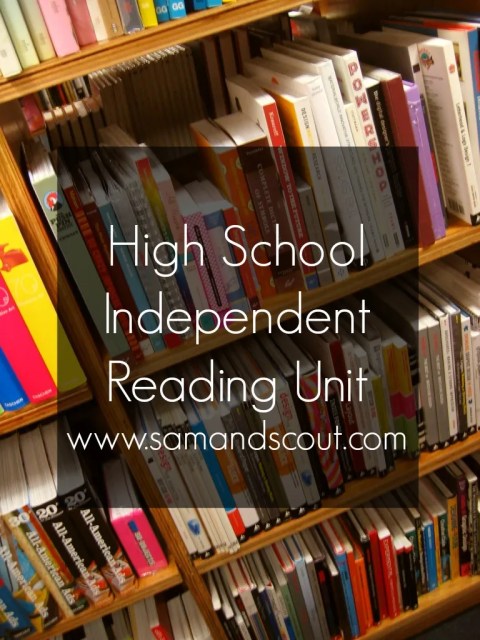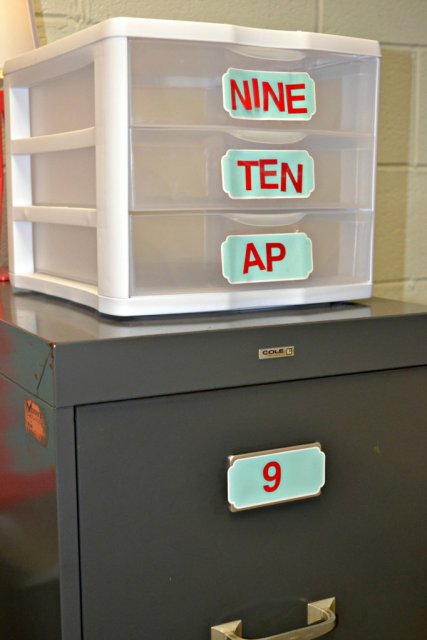Today is our third snow day and fifth straight day out of school. Listen, I’m not complaining, but my house looks like 12 zoo animals live here, and I’ve had on the same pair of black leggings since Thursday morning. Also, Nora is teething. #awesome
My fellow teachers know the snow day struggle… At this point in the game, you start to live in anxiety that the next day will be the day you have to go back to school. This is a crisis NOT because you don’t like your job, but because it means you probably should take a shower, and clean up your house, and grade a set of papers, but… maybe not. It is very stressful. On that note, I totally think there should be some kind of a rule that if you miss more than two days of school for snow, the first day back MUST be a 2-hour delay. No one can be expected to suddenly start waking up at 5AM again. Amirite?
Ha.
Anyway, joking aside, snow day season can be tricky for planning. In the past, I have taught works like Julius Caesar or Huck Finn in January/February, and it’s been a disaster because everyone forgets everything after three days out of school, and I spend more time reviewing than actually reading and teaching. This year, I’ve wised up a little and created independent reading units for my ninth and tenth graders. I’m including the full assignment(s) as a Word document below, but here’s what I’m doing in a nutshell:
- Students choose any book they want to read within a set list of criteria. (I let my ninth graders choose any work of fiction, and I required tenth grade to choose something multicultural.) Only one student per class can read a book, and it is “claimed” only when the student has the book IN HIS/HER HANDS and has submitted the signed parent permission form. Students are expected to bring their book to class EVERY DAY once the unit starts.
- During the unit, I teach a series of Mini-Lessons on “generic” topics like archetypes, tone, word choice, etc. (see the full list of what I taught on the assignment sheets below – I just made my own quick Power Points, but you can also google for tons of free ones already done). After the lesson, students are required to post on the class discussion board (I set mine up in Blackboard) relating the lesson to their specific book. They are also invited to read each other’s responses and comment back and forth.
- At the end of each week, students submit a “Productivity Log” to record how much they have read etc. (This is also where I take off points for students that don’t bring their book to class, goof off during reading time, etc.)
- In addition, each student also conferences with me at least two times for a grade. They should be prepared to tell me what their book is about, answer questions about it related to topics we are discussing in class, and connect it to larger themes/motifs.
- At the end of the unit, students submit an “index card review”(explained in attachments) and participate in a class Socratic seminar where we introduce our novels to each other and attempt to find similarities across cultures/genres/etc.
You can download the entire assignment as an editable Word document here with lots more details/specifics: Independent Reading Assignment – Multicultural (10) Independent Reading Assignment – Fiction (9)
In addition, here’s a copy of the “Productivity Log” I give my students: Productivity Log
And, here’s the chart I use to keep track of scores etc. as we go: Reading Workshop Grading Chart
*Bonus* Here’s a fun survey I gave my students about their reading habits before we started: Survey
To answer a few questions…
– I think this unit is ideal for three to four weeks max. Obviously, that may need to be adapted depending on snow days, the pace of your classes, etc.
– I tell my students that if they finish one book, they must immediately start another. I also allowed them to stop a book in the middle if they hated it (remember, this was meant to be enjoyable for them). The only requirement is that they are constantly reading. (This helps with the discrepancies between reading speed, etc. and has worked great for me so far.)
– The mini lessons should be short and sweet. I found that my students generally took a lot of time on their discussion board posts, and I still wanted them to have time to read every day, so I kept my entire lesson to 15 minutes max.
– I did not censor the content of the books, but I did put a disclaimer that it should be “appropriate for a high school reader” meaning not Charlotte’s Web OR Fifty Shades of Grey. I also had parents sign a permission form to cover all the bases.
– I think you could pretty easily adapt this unit for students as young as third or fourth grade and to cover all kinds of topics/genres (memoirs, classics, survival stories, dystopian, etc.).
My ninth grade class finished one of these units right before winter break (also a GREAT time to do this since attention is at an all time low then), and they loved it. They are already asking to do it again!!
What other questions do you have for me? Have you ever done something like this with your classes? How has it worked?
May your snow days be plentiful and your make-up days be few,
E

















